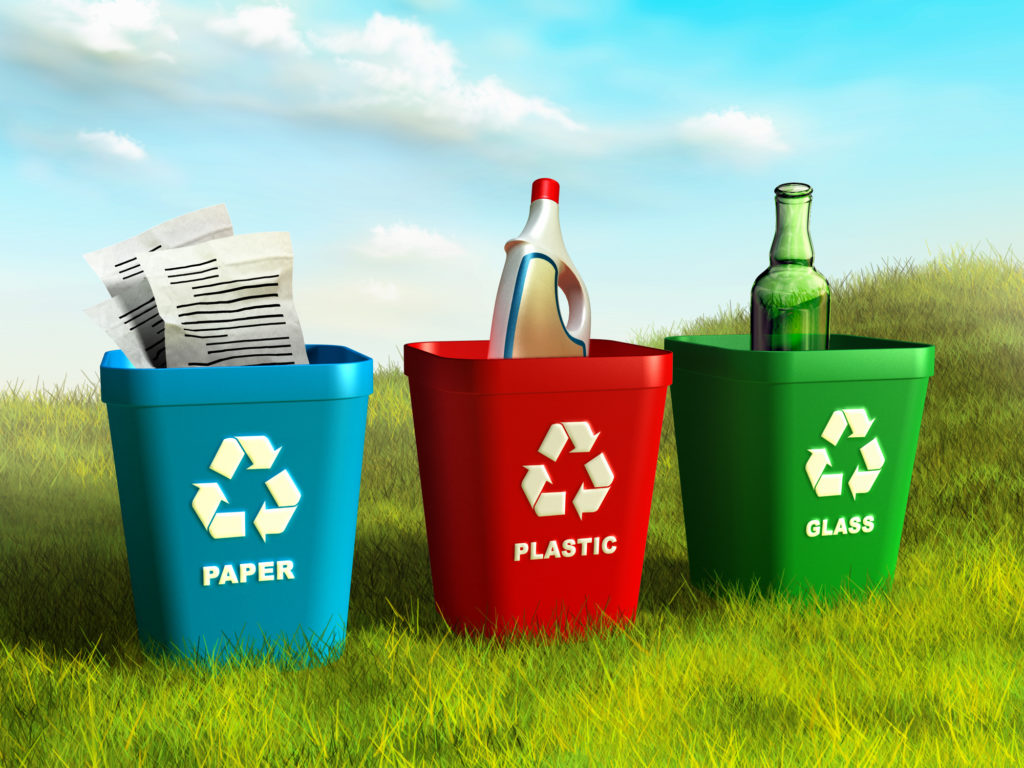For many of us, the idea of becoming environmentally friendly seems intimidating. When you hear about the forests being brought down or the eight million tons of waste that wind up in the ocean, you feel helpless. It doesn’t seem as if one person’s effort will make much of a difference.
Our outlook on saving the environment can change when we open our eyes to two truths: First, yes, it is that bad. Only a massive resolve to break our bad habits can make a difference in the fate of our planet. Secondly, there are thousands of people asking themselves the same questions as us: Will my actions make a difference?
The answer is yes. If we all started changing our lives in earnest, there’s a chance that they will.
Environmental health starts in the home. Here are five ways to change your bad habits, making small alterations in your everyday life.
1 – Use Soap Bars
Instead of buying soap that is sold in plastic containers, use soap bars. The containers are a source of waste that will probably end up in the ocean. There are more benefits to bar soap than the eco-friendly aspect. They last longer, depending on the size. Not only that, you can get crafty and make bar soap at home. You can also buy it from a small business, to support them.
2 – Learn To Repair
With a bit of DIY, you can learn to repair everyday objects instead of buying new ones when they fall apart. There’s no need to purchase a new tablecloth when you can stitch together the one you have. Is there a tear in your favorite shirt’s sleeve? Instead of buying a new one, repair the one you already have, so that you can use it longer. This choice of lifestyle could lead to some fun home projects.
3 – Collect Reusable Containers
Not only are glass jars tough enough to stand the years, but they can be sealed to keep your jam, cereal, or flour fresh for a long time. Not into the plain glass look? You can decorate jars with paint from the craft store. Plastic containers are only useful for so long; they crack with ease, and will soon fall apart. Glass jars might cost a bit more, but they’re convenient in more ways than you might have thought.
4 – Reuse Cloth Bags
Instead of putting your groceries into plastic bags at check-out, go shopping equipped with your own bags. That way, you can prevent unnecessary waste by reusing cloth bags. If you are a crafty person, you can make them yourself; otherwise, you can find them in most grocery stores. They vary in size, so if you’re buying one huge grocery haul, no problem; if you’re only dropping in for snacks, small cloth bags exist, too!
5 – Don’t Buy Bottled Water
Bottled water is bad for your budget, forcing you to purchase new bottles every week. Not only do they harm your wallet, plastic bottles are also terrible for the environment. Instead of buying new bottles every two days, invest in a water filter that will purify the water from your faucet. It is a one-time installation that will be good for you in the long run.
Conclusion
There are many ways to reduce waste in your home, helping the planet to heal in the meanwhile. When you stop seeing it as a task too massive for one person, you become brave enough to take those first steps and make a difference. It’ll be better for your wallet, too.




